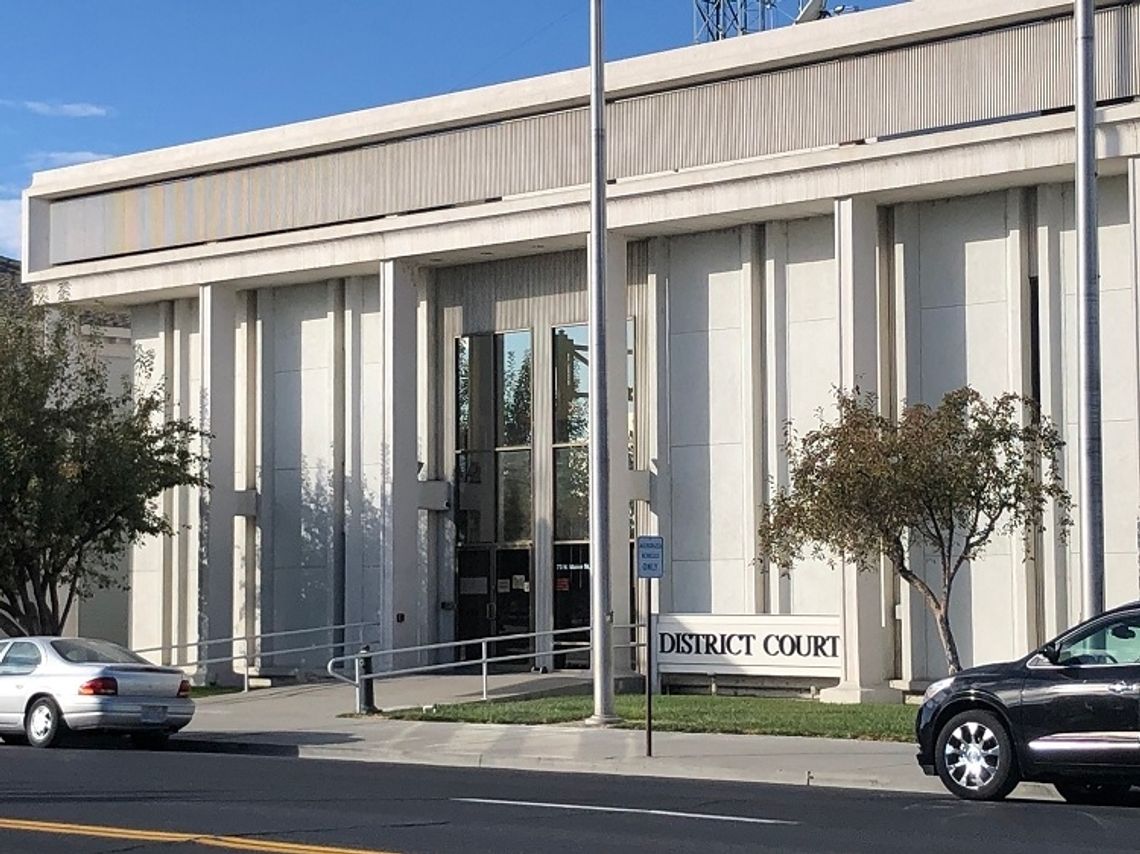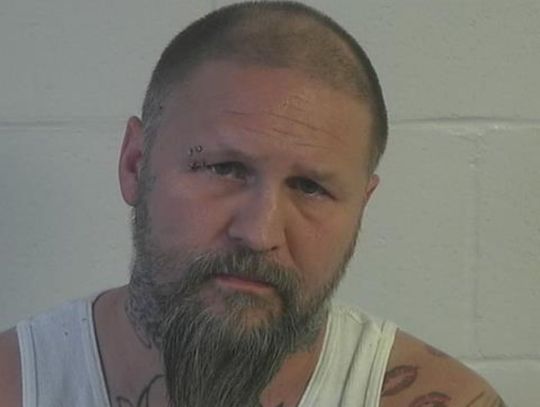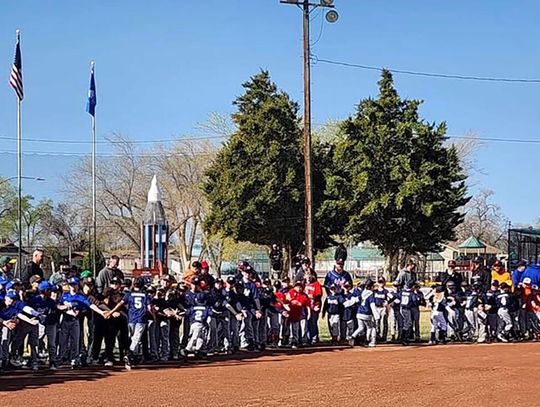While the phrase “Innocent Until Proven Guilty” cannot be found in the US Constitution per se, it embodies every American’s due process protection as outlined in the 5th, 6th, 8th, and 14th Amendments. The presumption of innocence is a cornerstone of the criminal justice system and exists to safeguard the accused’s rights and ensure guilt has been established before someone is punished.
Churchill County Public Defender Jacob Sommer, who has been a criminal defense attorney for over 20 years, explained, “Most of the time, law enforcement officers and prosecutors do an excellent job in complying with their duties as agents of the government, but whether we like it or not, mistakes are sometimes made. Constitutional and legal protections are in place to help ensure those mistakes cannot result in the tragedy of punishing innocent citizens. The presumption of innocence is chief among those protections.”
This is easy to forget in the face of news of violent offenses like murder, sexual assault, and crimes against children. However, it is critical to withhold judgment until the court legally establishes guilt. “Standing firm in these protecting principles does not make someone a proponent of crime. Rather, it makes someone a proponent of protecting the innocent. That might come at an emotional cost because we cannot satisfy our desire to grab the pitchfork, but it is the price we must pay to ensure all of us are protected from governmental overreach,” said Sommer.
According to Sommer, this is precisely what the Nevada Supreme Court recognized in the Valdez-Jimenez decision. “In that case, the court recognized that the Constitution of Nevada protects the presumption of innocence by making a pre-trial release the normal and expected course of action in every case unless very limited circumstances exist,” said Sommer. “Every accused person has the right to reasonable bail, and the bail set must not be excessive. This means that the amount of bail cannot be an amount that is more than an accused person can reasonably be expected to afford. If it is, it would be an unconstitutional denial of bail.”
Before Jimenez, high cash bails were often attached when high-level crimes were alleged. John J. Piro, Clark County’s Chief Deputy Public Defender, explained that before the Jimenz ruling, Nevada courts “kept presumptively innocent people in jail – essentially equated to a denial of bail. When a person was unable to afford bail because they are too poor, their basic right to due process was violated.”
In courtrooms across Nevada, judges have no choice but to comply with the Jimenz ruling. For this reason, both those accused of minor and major crimes are often released at their bail hearing on their own recognizance (OR). For the judge to impose a high cash bail, the state must provide clear and convincing evidence that no combination of nonmonetary conditions is sufficient. The court must then determine the accused ability to reasonably meet bail. The only exception is murder, in which judges can deny bail.
When considering bail, several factors come into play. These usually include the accused ties to the community, criminal history, prior Failure to Appear or absconding charges, and the flight risk they may present. Additionally, conditions are often attached to an OR release and might include Court Services supervision, drug testing, and no-contact orders when there is a victim to consider. If these conditions are violated, the accused will be detained and placed in custody, after which the judge may attach a reasonable bail.
Sommer, who has long been protecting the rights of the accused as they navigate the legal system after being charged with a criminal offense, hopes to encourage the community to withhold judgment when presented with news of an arrest. “For the sake of liberty, protection of the innocent, and effective justice, we cannot afford to compromise – even a little – on these important constitutional rights. May I humbly suggest that when we hear a conversation, read a story, or see a situation that makes us want to condemn, malign, and vilify someone, let us pause. As someone I respect very much has recently said, ‘Anger never persuades. Hostility builds no one. Contention never leads to inspired solutions.’”
(R.M. Nelson)
For the complete editorial by Jacob Sommer, Esq., check out https://bit.https://bit.ly/440WMBK/440WMBK.








Comment
Comments